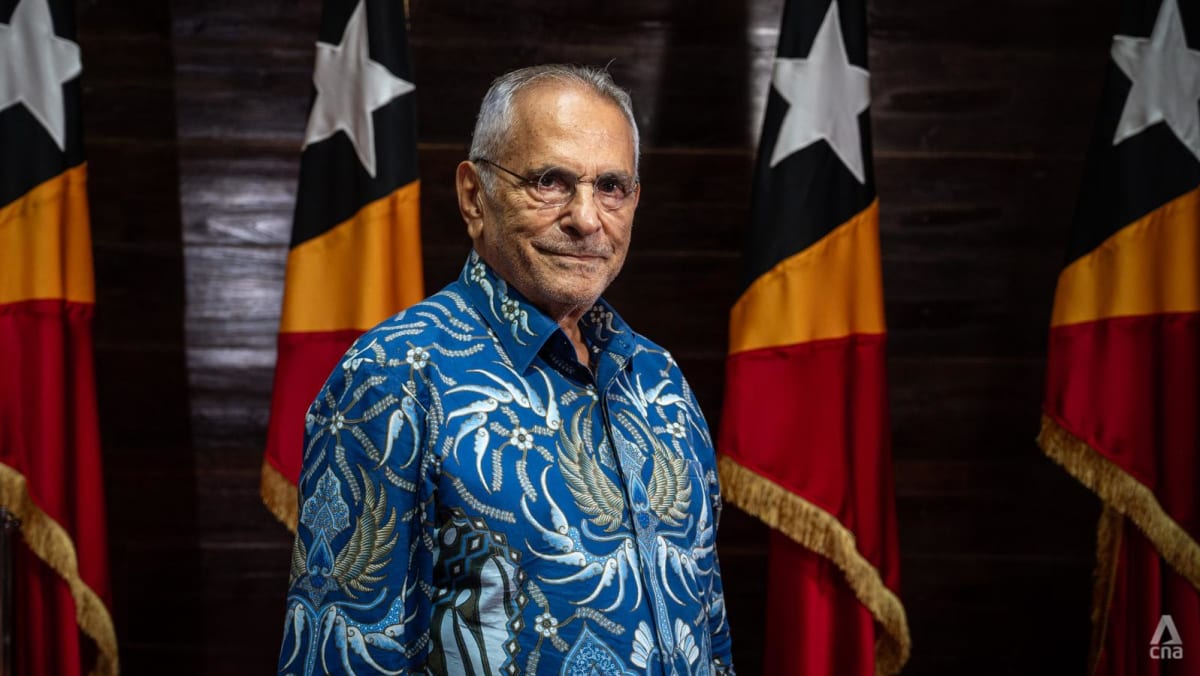Timor-Leste was a Portuguese colony for over 400 years.
It first became independent in 1975, and Ramos-Horta was appointed its external affairs minister at the age of 25.
Nine days after Timor-Leste’s independence, Indonesia, whose East Nusa Tenggara province makes up the western half of Timor island, invaded.
An inquiry estimated 102,800 people died between 1974 and 1999 during the conflict. It was only when BJ Habibie became Indonesian president that a referendum for Timor-Leste’s self-determination was held in August 1999. The majority of Timorese voted for independence.
Current Indonesian President Prabowo Subianto was with the Indonesian army during the occupation and was deployed several times to Timor-Leste.
But the dark history between the two neighbours has not hindered efforts to move on from the past and work on a better future, said Ramos-Horta, who wore a blue batik shirt bought from Jakarta for the interview with CNA.
“Indonesia already has a big presence in Timor-Leste and more will happen in the next couple of years,” he said.
Ramos-Horta has officially invited Prabowo to visit Timor-Leste.
“We want to work with him to further expand the relationship in trade, investment, security areas and whatever we can do, a lot of partnerships, particularly with our closest neighbour in Indonesia, NTT, Nusa Tenggara Timur (East Nusa Tenggara).”
Although Prabowo played a role during the Indonesian occupation, Ramos-Horta said he does not seek an apology.
“Sometimes the best form of apology (is) not the word(s): ‘We apologise’,” he said.
“The best form of apology is seeking friendship and reconciliation. Provide every support the other side needs to help to heal the wounds and so on. And that’s what Indonesia has been doing for the past 20-plus years.”
